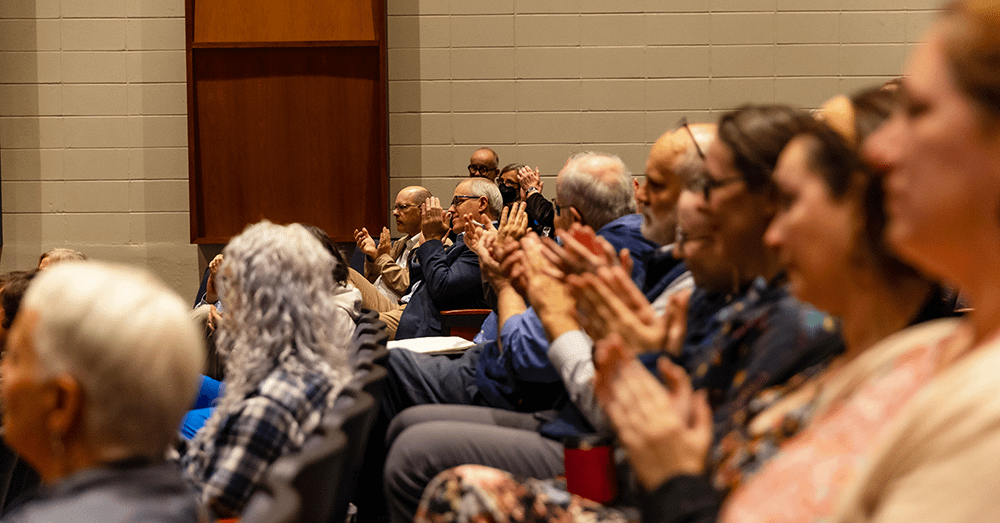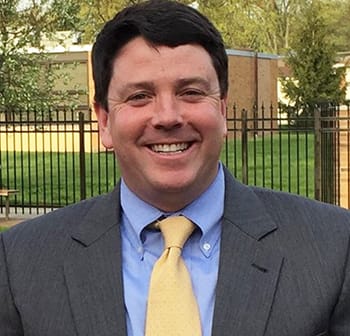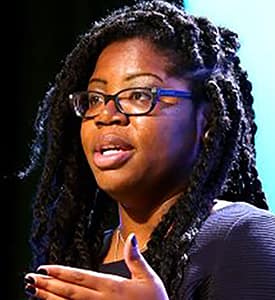Traveling St. Mike’s scholars take to the road again soon
A wide and fast-changing world beyond the Saint Michael’s College campus awaits nearly 100 students who will study abroad for all of spring semester 2017. Additionally, academic study trips of between 10 and 15 students, led by two faculty leaders each over winter break, will offer concentrated full immersion into these places and topics: Israel (“Jews, Christians & Muslims in the Holy Land”), Costa Rica (“Tropical Ecology”) and Cuba (“Coral Reef Ecology”/culture & politics).
Peggy Imai, the College’s Study Abroad director, recently released the list of Saint Michael’s Spring Semester Study Abroad students – 70 women and 26 men, off to several continents. Many of the traditionally more popular destinations are in the mix, in Western Europe, South/Central America or Australia/New Zealand. Multiple or single students are heading to Ireland, England, France, Italy, Spain, Denmark, Greece, Austria, the Czech Republic, Croatia; Argentina, Peru, Chile, Ecuador, Costa Rica; and South Africa. But some individuals have chosen less common study sites: Mongolia, Iceland, Hungary, Morocco, China, Croatia, Uganda, Bhutan, Samoa, Turks & Caicos, Cuba, India, Brazil, Japan.
To the Holy Land
While the Costa Rica and Cuba trips are reiterations of tried-and-true past course-trips, the one to the Holy Land this year is new. Leaders of the adventure, which counts as a two-credit half-course, will be Edward Mahoney, religious studies professor and Director of the Edmundite Center for Faith and Culture, and Sajida Jalalzai, the College’s Islam specialist in the Religious Studies faculty.
The experience introduces 13 student participants “to the religious, cultural and historical realities of the Holy Land,” as the instructors note in a handout that continues: “This land is sacred to Jews, Christians and Muslims, yet, there may be no other place on earth that has experienced more division, suffering and conflict, with religion as a primary contributing factor. The course will explore the significance of the Holy Land (and the holiest of its cities, Jerusalem) in Judaism, Christianity, and Islam through the centuries, but with particular emphasis on the contemporary situation.”
The instructors say the course’s broad perspective will include theological, geographical, and archeological aspects of each monotheistic tradition, also seeing how physical space, ideas, and cultural practice have given expression to the holiness of the land as perceived by the three religions. Included are daily excursions to sites such as the Temple Mount, Church of the Holy Sepulcher, Bethlehem, Jericho, The Galilee and Jordan River, and more. Classes and guides will be from what will be the group’s home base at Bethlehem University, said Mahoney, who traveled in September to Israel/the West Bank to scout it out. He met scholars who will present lectures for the group, as well as multilingual and seasoned tour guides from the region. The instructors held four pre-departure meetings with students as preparation.
Goals for the course are to learn about: the basic geography of the region; religious history from the Second Temple period to the present; salvation history of Jews, Christians and Muslims; understanding of Holy Land’s place in the faiths’ religious conceptions; and familiarity with religious writing connected to the region.
Follow the students’ travels through Israel here.
Back to Cuba
Mark Lubkowitz of the biology faculty and Renee Schmauder, the College’s assessment coordinator, traveled with students to Cuba in 2014 and 2016, and are excited to be returning with 15 more this year so soon after the reopening of relations with the U.S. Schmauder augments Lubkowitz’ s scientific expertise with certification in diving and credentials as an EMT.
As in the past, this two-credit course is an intensive 11-day field course to study coral reefs and associated habitats, developed with help from the Vermont Caribbean Institute (VCI), a Burlington-based nonprofit that facilitates cultural/educational exchanges. A VCI rep will be with the group for much of the trip.
The course will focus on the ecology and behavior of organisms living in association with coral reefs, which have extraordinary complexities to study and bring into play the further study of urgent environmental threats. To prepare, all students have taken classes on campus before the trip. In Cuba, a professor at University of Havana will offer instruction in classroom and the field, and students will analyze reefs by diving/snorkeling and using quadrant and transect analyses. Culturally, it also is a chance for students to meet everyday Cubans socially and visit a socialist country with interesting approaches to sustainable development and conservation.
Says Lubkowitz, “Cuba is a country that is just beginning to be accessible for study groups in the U.S, and if we can establish a regular course offering in Cuba, we can use this to enhance our range of faculty-led international trips.” He is a plant biologist who has traveled extensively outside the U.S., including to a study trip to India.
Costa Rica’s Diverse Ecology
Peter Hope of the biology faculty has led several trips to Costa Rica to explore the striking diversity of tropical ecological environments within one relatively small nation. This year, fellow biology professor Paul Constantino ’92 is joining the group. Here’s an overview from their handout:
“This introduction to tropical ecology includes five pre-trip meetings fall semester for an orientation, introduction to the tropics in general and to the specific ecosystems we will visit. While in Costa Rica we will visit a tropical dry forest at Palo Verde National Park, a mid-elevation cloud forest at Monteverde Cloud Forest Reserve, and a lowland tropical rain-forest at Selva Verde. We will explore the forest sites, making observations of the unique flora and fauna. Then, working in groups, students will design, run and report the findings of the experiments they developed at the sites.” The group of 12 students and their leaders will leave Burlington December 20 and return January 11.
It is a two-credit course as well. Students will keep field notebooks and digital photo collections, present as groups on their research, and report on a tropical organism of their choice.
Follow the trip on the SMC Biology Costa Rica Facebook page.





